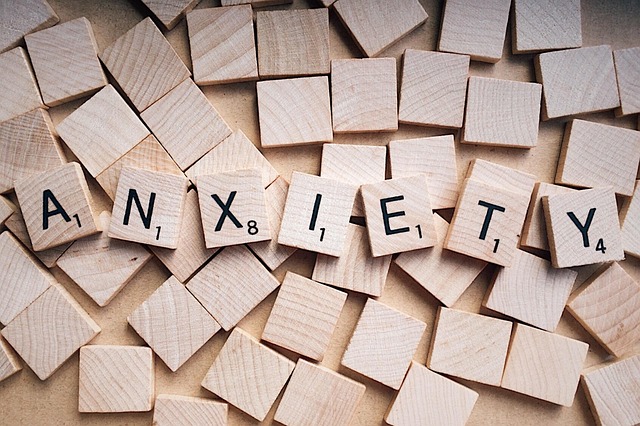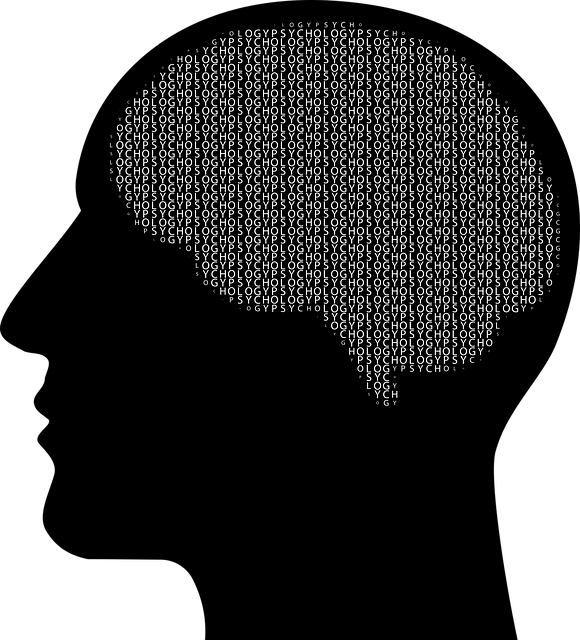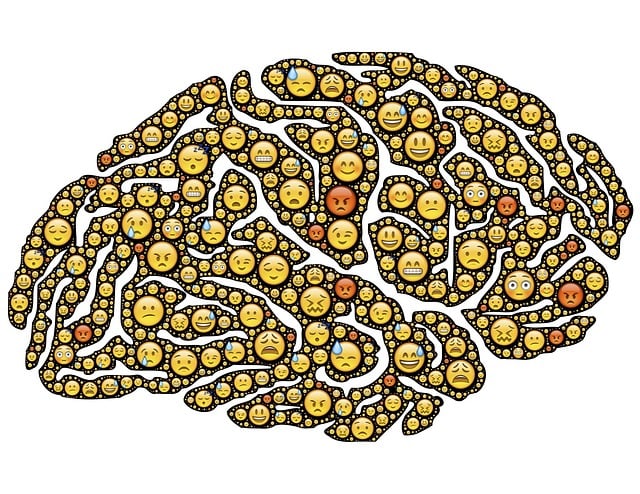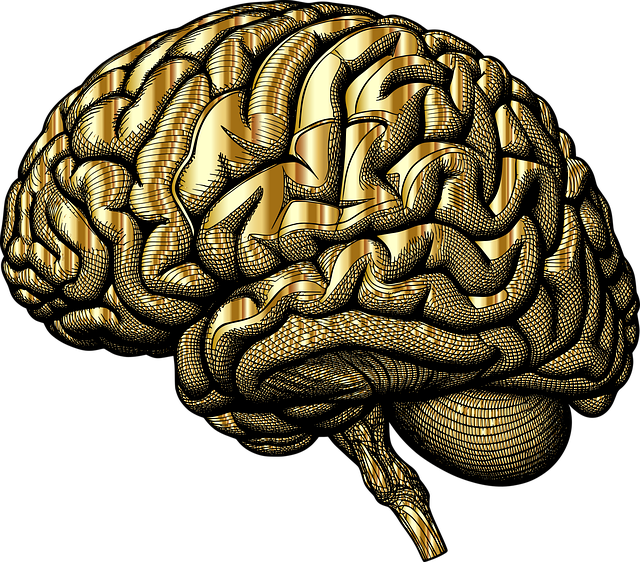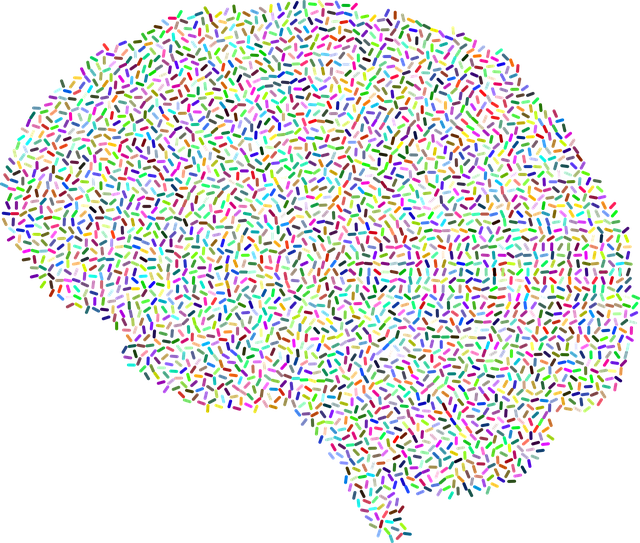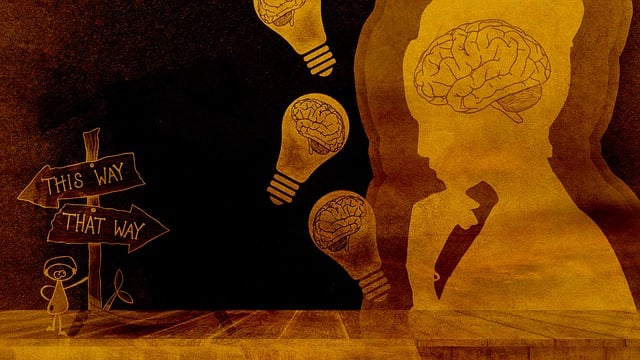Aurora Anxiety Therapy emphasizes the critical need for cultural competency in healthcare, especially within diverse communities like Aurora. Their training equips mental health professionals with skills to understand and respect various cultural backgrounds, beliefs, and values, tailoring support to individual patients. This multifaceted approach includes empathy-building, risk management tools, real-world scenarios, and interactive workshops, fostering open dialogue and learning among diverse cultures. Training effectiveness is measured through holistic evaluation, tracking patient engagement, self-care practices, and journaling exercises, ensuring continuous refinement and improvement in healthcare delivery and mental health outcomes for all communities served by Aurora Anxiety Therapy.
“In today’s diverse healthcare landscape, cultural competency is no longer an option but a necessity. This comprehensive guide explores the critical need for training programs that enhance cultural understanding among healthcare providers. We delve into the key components of effective initiatives, offering practical strategies tailored to organizations like Aurora Anxiety Therapy.
Through case studies and best practices, this article navigates the successful implementation of cultural competency training, providing insights on measuring its profound impact.”
- Understanding Cultural Competency in Healthcare: The Need for Training
- Key Components of Effective Cultural Competency Programs
- Implementing Training: Strategies and Best Practices for Aurora Anxiety Therapy
- Measuring Success: Evaluating the Impact of Cultural Competency Training
Understanding Cultural Competency in Healthcare: The Need for Training

In today’s diverse healthcare landscape, cultural competency is more than a buzzword; it’s an essential component for delivering effective and equitable patient care. Cultural competency refers to the ability to understand, appreciate, and interact effectively with individuals from different cultural backgrounds, beliefs, and values. This is particularly crucial in communities like Aurora, where diversity is thriving, ensuring every patient receives care that respects their unique cultural identity.
The need for training in this area cannot be overstated, especially when addressing mental health concerns. Techniques such as emotional well-being promotion and mental wellness coaching programs development require a deep understanding of cultural nuances. For instance, what constitutes anxiety or depression can vary significantly across cultures (Aurora Anxiety Therapy). By equipping healthcare providers with the skills to navigate these differences, we foster better communication, higher patient satisfaction, and ultimately, improved Mental Health Awareness and outcomes.
Key Components of Effective Cultural Competency Programs

Effective cultural competency training programs for healthcare providers, like those offered by Aurora Anxiety Therapy, should incorporate several key components. Firstly, they must foster empathy building strategies that enable professionals to understand and connect with diverse patient populations. This involves learning about different cultural beliefs, values, and practices, as well as exploring one’s own biases and assumptions. Such training helps bridge the gap between healthcare providers and patients from varied backgrounds, enhancing communication and trust.
Additionally, these programs should integrate risk management planning for mental health professionals. By equipping practitioners with tools to navigate sensitive cultural issues, they can mitigate potential risks and conflicts that may arise in diverse settings. This includes strategies for addressing anxiety relief, as cultural competency is directly linked to improved patient outcomes, including reduced anxiety levels. Incorporating real-world scenarios and interactive workshops ensures that the training translates into practical skills that can be applied daily, ultimately enhancing the quality of care provided.
Implementing Training: Strategies and Best Practices for Aurora Anxiety Therapy

Implementing Training for Aurora Anxiety Therapy should focus on creating an inclusive and supportive learning environment that fosters open dialogue and understanding. Start by incorporating interactive workshops and small group discussions to encourage active participation and peer learning, addressing diverse cultural backgrounds and personal experiences related to mental wellness. The Mental Wellness Podcast Series Production can serve as a valuable resource, offering insights into various aspects of anxiety disorders and coping skills development.
Best practices include tailoring the training to specific communities served by Aurora Anxiety Therapy, ensuring cultural sensitivity and relevance. Incorporate expert speakers from diverse backgrounds to share their experiences and perspectives on mental health care. Additionally, provide practical resources and tools that clients can use to enhance their well-being, such as guided meditation scripts or stress management techniques, reinforcing learning beyond the training sessions.
Measuring Success: Evaluating the Impact of Cultural Competency Training

Evaluating the success and impact of cultural competency training is a vital step in ensuring its effectiveness. Measuring this involves more than just satisfaction surveys; it requires a holistic approach to assess tangible improvements in healthcare delivery and patient outcomes. At Aurora Anxiety Therapy, for instance, we track progress through a multi-faceted strategy. This includes tracking changes in patient engagement, such as increased attendance at follow-up sessions, which can indicate enhanced trust and comfort levels.
Additionally, we monitor self-care practices among participants, as training should empower them to better manage their mental wellness. The integration of journaling exercises designed to promote reflection on cultural experiences can also provide valuable insights into personal growth and improved social skills. This data, combined with patient feedback and clinical assessments, allows us to refine our training programs, ensuring they remain relevant and impactful, ultimately benefiting both healthcare providers and the diverse communities they serve.
Cultural competency training is a game-changer in healthcare, especially as diverse communities seek services from providers like Aurora Anxiety Therapy. By integrating key components and best practices outlined in this article, healthcare professionals can enhance patient care, build stronger relationships, and create more inclusive environments. Measuring the impact of such training ensures continuous improvement and allows for greater accessibility and satisfaction among all patients, reflecting a true testament to cultural competency in action.
